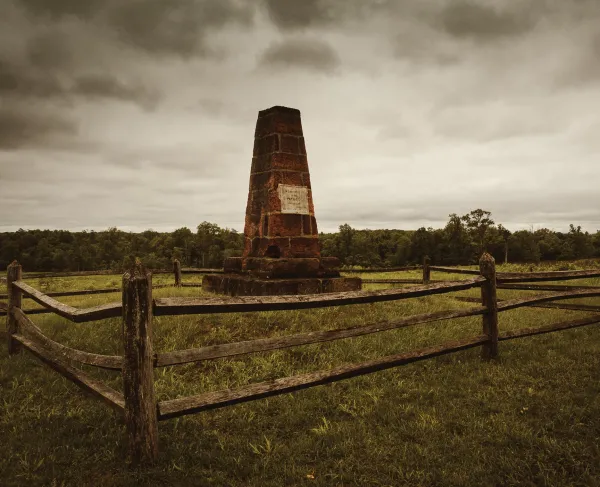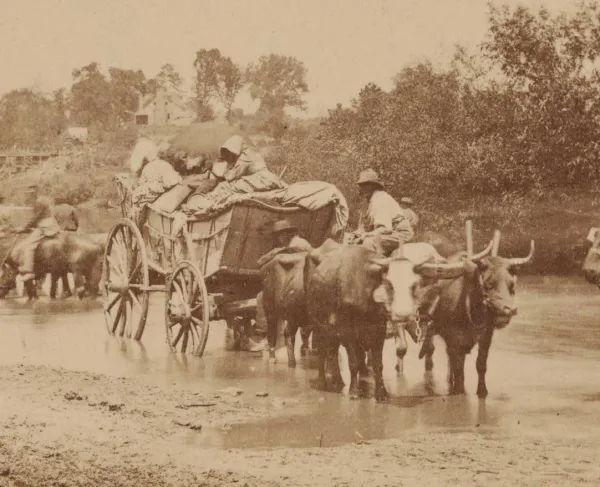The 5th New York
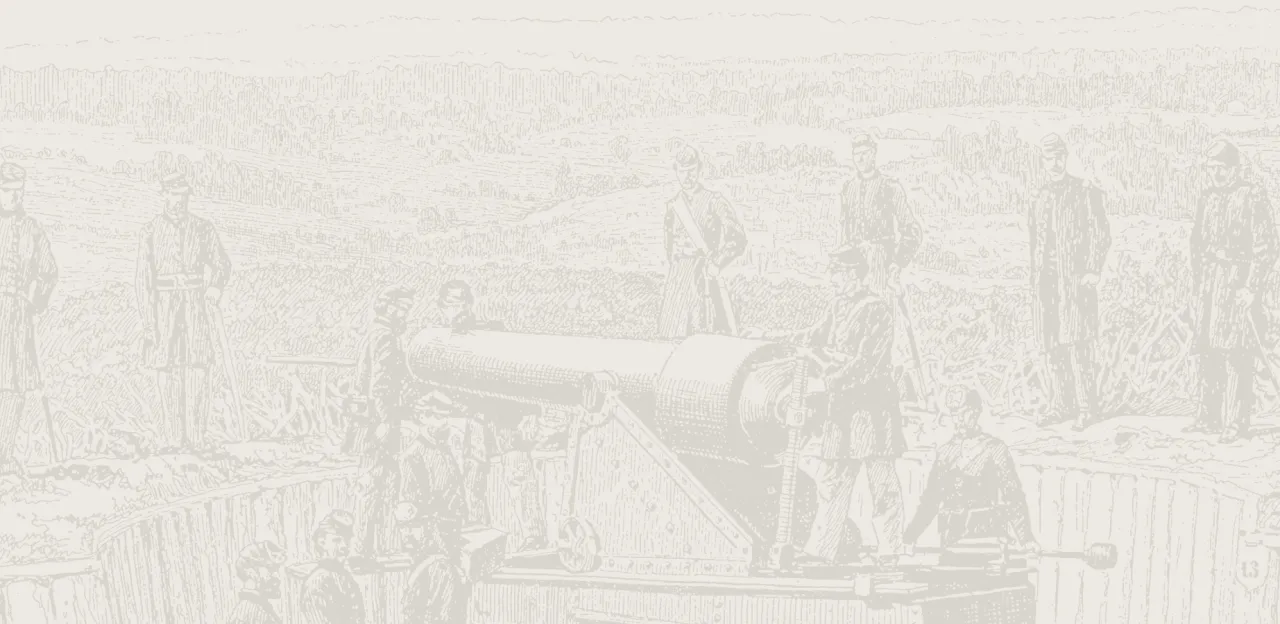
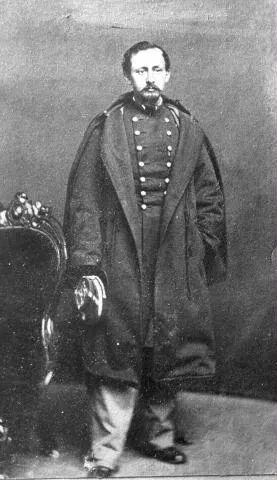
Hiram Duryea
At the Battle of Gaines’ Mill, one Confederate shell tore into the ground immediately beneath the hooves of Lieutenant Colonel Hiram Duryea’s horse, “Black Jack,” but fortunately failed to explode. Hiram Duryea patted the trembling animal’s neck and commented, “Boys, the horse stands it well.” “Yes,” shouted Sergeant Philip Wilson, “and by God so does the rider!” The men gave three cheers, flourishing their fezzes, and the habitually stern commander doffed his kepi, bowed, and smiled in acknowledgement. Even the acerbic Private Davenport, who regarded Duryea as “a sort of despot” and “petty tyrant” was forced to admit that the officer was “as brave a man as ever stood in shoe leather.” To top it off, Duryea was suffering malarial fever and didn’t have to go into the battle at all. How can you not admire a man like that?
Felix Agnus
A veteran of the 3rd Regiment of French Zouaves, who was employed at Tiffany & Company as a sculptor and engraver, Felix Agnus wore his French Zouave uniform when he enlisted. Shortly after the formation of the regiment and drilling began in earnest, Colonel Duryée was superintending a maneuver when the “comely little French sergeant” stepped out of formation. With a “polite bow” and a touch of his cap, the Frenchman declared, “Colonel, I die for our flag if you please,” then returned to his place in line. The remark raised a nervous laugh among the nearby soldiers, but Sergeant Felix Agnus was destined to prove himself a worthy heir to Napoleon’s Grande Armée on the field of Big Bethel where he saved the life of his captain, Judson Kilpatrick.
After being promoted to the rank of lieutenant, Agnus was wounded in the right shoulder by a bullet at the Battle of Gaines’ Mill. Regaining consciousness as the battle roared around him, severely wounded Lieutenant Felix Agnus found himself pinned to the ground by a disabled Confederate. Agnus managed to roll the man off, and when the Rebel moaned for water, the Lieutenant proffered his canteen, which was filled with coffee. The Southerner gulped at the liquid, sighed, and handed back the canteen muttering, “Thank you, Yank—damn you!” Several Zouaves came to the aid of the stricken officer, and, right arm hanging limply at his side, Agnus was assisted to the rear where he joined the stream of walking wounded bound for the Chickahominy crossings.
Agnus obtained promotion to Captain in the 165th New York, Second Battalion Duryee’s Zouaves, and eventually rose to the rank of brevet brigadier general. He later married Annie Fulton, daughter of Baltimore American publisher Charles Carroll Fulton, Agnus became managing editor of Maryland’s leading newspaper, and one of the state’s most prominent and recognizable figures.
Cleveland Winslow
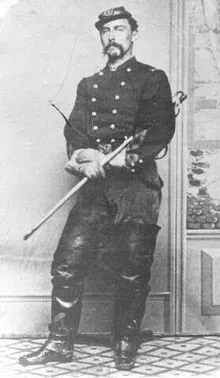
Cleveland Winslow was the protégé of G. K Warren and Hiram Duryea and somewhat of a martinet, but suffered no personal lack of courage either.
With his penchant for gold braid and finely tailored uniforms, Captain Cleveland Winslow was unquestionably the most flamboyant of the officers—“a Frenchified-looking man with light hair and moustache carefully curled up like butcher’s hooks.” Southwick thought Winslow “was half Italian bandit and half English highwayman, a romantic-looking fellow.”
“We are under the despotic sway of Major Winslow,” Alfred Davenport complained, “it is Drill in Details, or Inspections all the time.” The cynical and war-weary Private asserted that, in addition to his numerous other failings, Major Winslow “is a man of no judgment.” Writing to his family, Davenport vented his spleen in an effusion of sarcasm and complaining: “He has drum & bugle calls for everything except the calls of nature...”
Winslow commanded the regiment from the time of Lt. Col. Hiram Duryea’s departure after the Battle of Gaines’ Mill until its muster out on May 14, 1863. Winslow re-raised the unit in the summer of 1863, helped put down the New York City draft riots (where one of his former soldiers took a shot at him), and returned to the seat of war in the fall of 1863 in command of the 5th New York Veteran Volunteer Infantry, which retained the name Duryée’s Zouaves. Winslow was mortally wounded June 2, 1864, at the Battle of Bethesda Church.
Learn More: An Interview with the Author of "Vortex of Hell," a history of the 5th New York
We have a chance to save these critical pieces of history at Gaines' Mill, Cold Harbor, and Appomattox Court House for just a fraction of their full...
Related Battles
6,800
8,700
14,462
7,387
